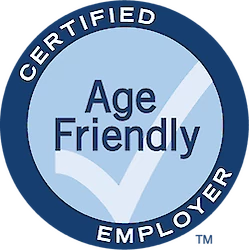Senior Helpers® is the nation's premier provider of in-home senior care, with locations all across the country. Our services range from specialized care for those with chronic diseases to companion services for seniors looking for assistance with daily activities.
Top Services
We offer a wide array of care options to help seniors age in the comfort of their own homes. Choose a location to see the services offered near you.
Services Overview







